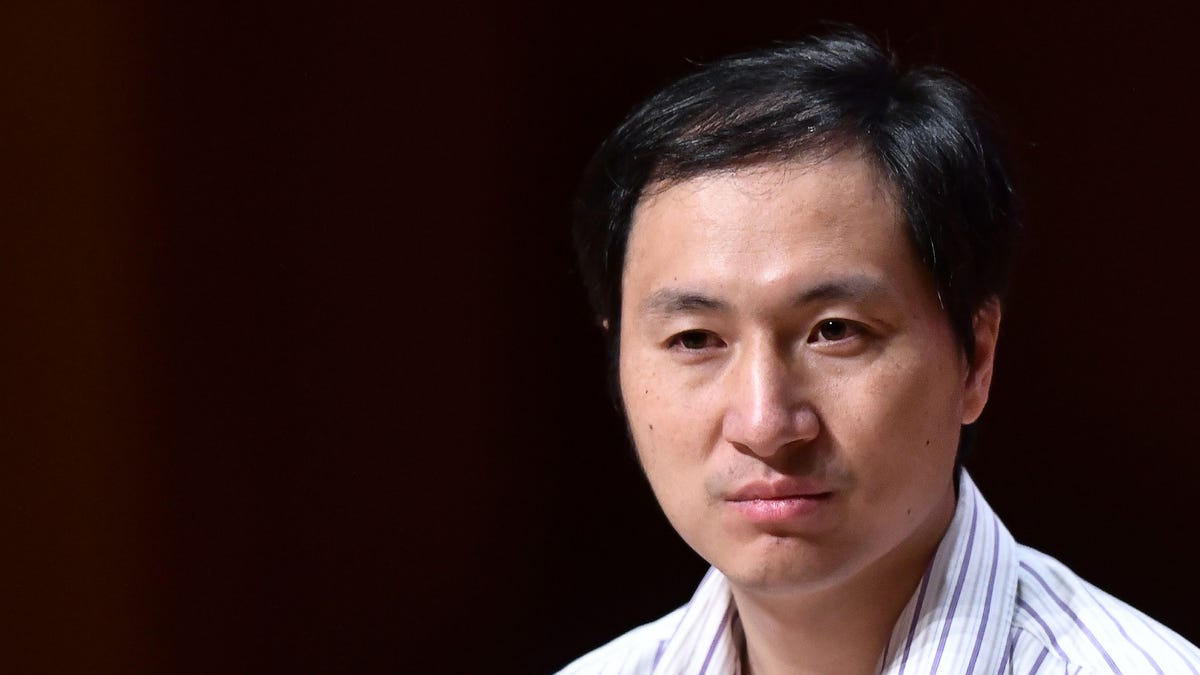Gene-edited babies are unethical and unlawful, says Chinese investigation
Investigations into He Jiankui's gene-editing experiments reveal he breached ethical and regulatory principles seeking "personal fame and gain".

Chinese authorities have concluded preliminary investigations into the Chinese scientist He Jiankui, who claimed to have created the first gene-edited babies, reports Chinese state-run media service Xinhua.
The Guangdong Provincial Health Commission investigation, which has been operating since November, concluded He Jiankui's actions "seriously violated ethical principles and scientific integrity and breached relevant regulations of China", stating that the research was conducted "in the pursuit of personal fame and gain."
In November 2018, He Jiankui made explosive claims that he had edited the genes of two embryos, which were carried to term and resulted in the birth of twin girls "Lulu" and "Nana". Jiankui claimed to have edited their DNA with CRISPR to make them resistant to infection from HIV.
He unveiled his research in a series of YouTube videos before presenting his findings at the Second International Summit on Human Genome Editing, drawing the ire of the scientific community. However, He's experiments have not yet been published in an academic journal, leaving many questions beyond his presentation at the Summit.
But with the Health Commission's preliminary investigations over, new light has been shed on exactly how He conducted his experiments, revealing startling breaches of medical ethics, forged documents and blood tests.
The investigation believes He began the project in June 2016, recruiting eight volunteer couples containing male HIV positive patients and female HIV negative patients. A "fake ethical review certificate" was forged in this process. Xinhua reports the experiments were carried out between March 2017 and November 2018.
Of the eight couples, one has given birth, five did not conceive and one dropped out of the experiment halfway through. The investigation also revealed He's claims that another couple is pregnant to be true.
He also evaded the Chinese authorities -- which does not allow HIV carriers to undergo IVF -- by having volunteers take blood tests.
Officials involved in the investigation said He and "other relevant personnel and organizations" will receive punishment according to laws and regulations.
"Those who are suspected of committing crimes will be transferred to the public security department," Xinhua reports.
Chinese authorities immediately suspended He and his team's work after the announcement in November 2018. On Jan. 21, following the results of the investigation, the Southern University of Science and Technology in Shenzhen released a statement confirming He's contract had been terminated.
CES 2019: See all of CNET's coverage of the year's biggest tech show.
Taking It to Extremes: Mix insane situations -- erupting volcanoes, nuclear meltdowns, 30-foot waves -- with everyday tech. Here's what happens.

